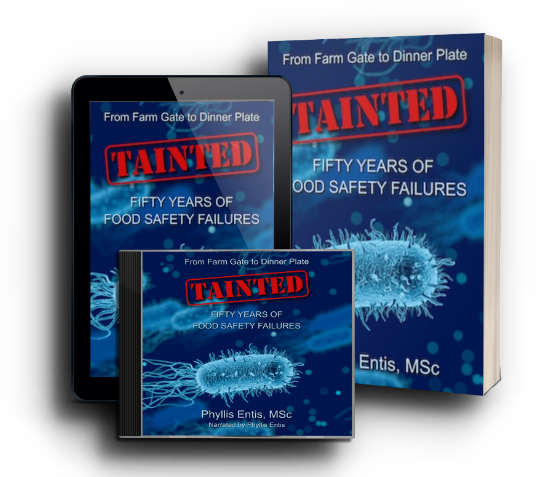Ferrero has announced a suspension of operations at its Arlon, Belgium, production facility according to a statement released today (April 8, 2022).
The halt in production was initiated as a result of the Belgian food safety authority (AFSCA) having suspended Ferrero’s manufacturing authorization.
In addition, the company has extended its recall to include “the entire production of Kinder Surprise, Kinder Mini Eggs, Kinder Surprise Maxi 100g and Kinder Schokobons made in Arlon.”


Kinder chocolate products manufactured in the Arlon production plant have been linked to an outbreak of monophasic Salmonella Typhimurium in the United Kingdom (UK) and several member countries of the European Union (EU).
As of April 8, 2022, according to the European Centre for Disease Control (ECDC), outbreak cases have been confirmed in France (25), Germany (6), Ireland (10), Luxembourg (1), Netherlands (2), Norway (1), Sweden (4), and the United Kingdom (65).
Additional probable outbreak cases are under investigation in Belgium (26) and Germany (2), for a total of 142 confirmed and probable cases.
The first outbreak case was recognized in the UK on January 7, 2002, and the first report of cases in EU countries was on February 17th.
The reported illnesses have occured mainly in children under ten years of age.
Recalls
Consumers in the UK were first alerted to the problem on April 2, 2022, when the Food Standards Agency posted a recall notice for certain batches of Ferrero’s Kinder Surprise chocolate novelty products.
Since that date, Kinder chocolate products have been recalled in multiple countries within the EU, as well in Canada, the United States, Australia, Singapore and Hong Kong.
With this most recent expansion of Ferraro’s recall, the number and scope of recall notices can be expected to increase.
Ferrero Confectionery Indonesia issued an April 7th press release advising that the Kinder chocolate products sold in Indonesia were manufactured in India and are not affected by the recalls.
Ferrero’s actions
Ferrero admitted in its April 7th recall update that the company knew about a Salmonella problem as long ago as December 15, 2021.
An internal investigation determined the origin of the contamination to be “…a filter at the outlet of two raw material tanks.”
The affected products and materials were put on hold, the filter was removed, and the company increased what the news release described as its “…already high level of controls on semi-finished and finished products.”
It is unclear from the news release whether the initial finding was in an environmental sample or a finished product. Nor did the company reveal whether or not production was shut down for thorough cleaning and sanitizing after the Salmonella finding.
In its April 8th update, Ferrero acknowledged “… internal inefficiencies, creating delays in retrieving and sharing information in a timely manner.”
The Arlon facility, which accounts for 7% of the total volume of Kinder products, will remain closed pending completion of the investigation. The plant will only re-open once certified by the authorities, according to the company.
You can find additional background information on a prior Salmonella outbreak associated with chocolate novelty products in Chapter 15 of TAINTED. From Farm Gate to Dinner Plate, Fifty Years of Food Safety Failures. Order the digital or audiobook editions from your favorite on-line retailer, or purchase the paperback or hardcover edition from Amazon.



